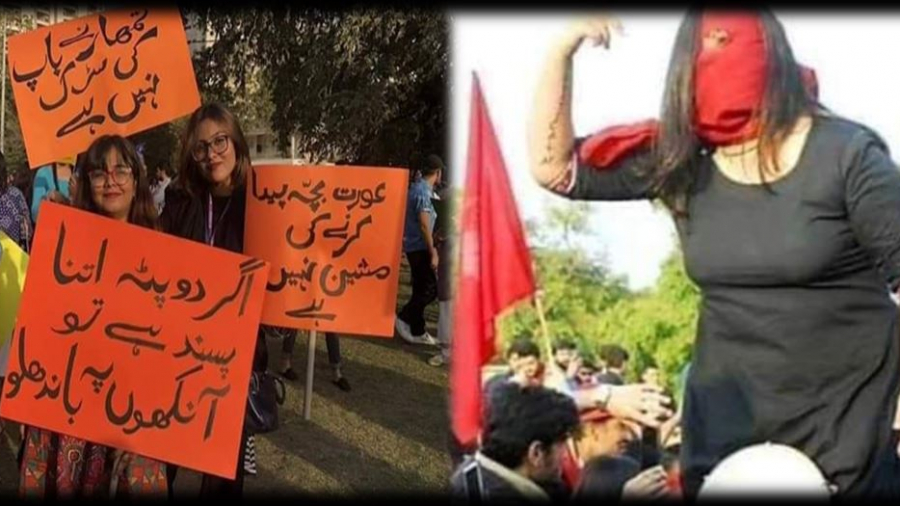With historic US-Taliban peace agreement, inked on February 29 in Qatar, banned Tehreek e Taliban (TTP) seems worried about its safety and survival in Afghanistan.
Sources in Pakistani Taliban said that TTP’s leadership has shown concerns over the recent developments in Doha, and they are uncertain about their future in Afghanistan.
Pakistani Taliban lost several of their key leaders in Afghanistan but there was no threat to their existence. US drone strikes killed TTP Chief Mullah Fazlullah, Jamaat ul Ahrar (JuA) Chief Omar Khalid Khorasani in Kunar province; Sheharyar Mehsud who headed his own Taliban faction was killed in IED explosion and commander Khalid Haqqani became prey to target killing in Afghanistan. However, Afghan security forces never took any action against Pakistani Taliban in their country.
Pakistan has played pivotal role in the US-Taliban peace agreement well to the acknowledgement of Washington and the rest of world powers. Now the US and it’s partners must build pressure on Kabul to take action against TTP and other Pakistani militants hiding in Afghanistan not to use its soil against Pakistan.
TTP leadership is fully aware of development and instead of indulging in anti-Pakistan activities at the moment they are making plans for their survival. That’s the reason TTP hasn’t issued any statement regarding Doha agreement between US and Taliban, rather going underground and waiting for the situation to unfold in near future.
Baitullah Mehsud (killed in August 2009 in US drone strike) laid the foundation of TTP in December 2007 by merging several small Pakistani militant outfits. TTP was formed mainly reacting to Pakistan military operations against Al-Qaeda in erstwhile FATA. TTP was financially supported by the affluent Al-Qaeda leadership rather using it as a proxy in first two or three years of its inception.
In August 2008, Pakistan government banned the TTP, frozed its bank accounts and assets. It was the time when TTP was carrying out bomb blasts in public places and were attacking Pakistani security forces on daily basis; the intensity and devastation of these terrorist attacks were so huge that in December 2008, the then Ameer and founder of Afghan Taliban, Mullah Omar had to intervene by sending a message to TTP leadership to stop attacks inside Pakistan and to join hands with his fighters to combat US-led NATO forces in Afghanistan. Baitullah Mehsud had sworn allegiance to Mullah Omar and his men were following his path. TTP and Haqqani network also enjoyed good relations and both were living in peaceful coexistence in Waziristan, but after Pakistan’s military operations in tribal areas the gulf between TTP and Afghan Taliban (Haqqanis) increased because the objectives of both factions were pole apart, TTP in a vengeance declared war against Pakistani state. The operation Zarb Azab (launched in June 2014) forced TTP leadership to shift from Pakistani tribal areas to across the border in Afghanistan.
In January 2015, Daesh announced Afghanistan-Pakistan and nearby regions as its Khorasan province. During this time a section of TTP leadership and foot soldiers joined it, the move strengthened ISIS and it extended its control to other provinces now. Hafiz Saeed Khan, a former TTP commander was announced as its head and Abdul Rauf as his deputy. Both swore an oath of allegiance to the ISIS.
Due to the cruelty and inhumane behavior of ISIS, which publicly beheaded and bombed tribal elders besides several local Taliban commanders for non compliance of their orders, Afghan Taliban came to the help of local population resulting in deadly fighting, initially inflicting heavy losses to Afghan Taliban but later after the killing of Hafiz Saeed Khan in a US drone strike, Taliban succeeded in pushing ISIS militants to few districts along Pakistani border. During these fighting TTP sided with ISIS (Daesh) and with the defeat of ISIS, the TTP militants also had to shift to the areas of ISIS stronghold.
It is reported that Afghan security forces and intelligence agencies have been protecting TTP members and moving them in official vehicles, but the surge in ambushes and US drone strikes particularly the incident of Khalid Haqqani killing near Kabul Intercontinental Hotel has forced the handlers to shift TTP operatives to safer places in capital, but these are temporary arrangements and because on one hand Kabul wants to use TTP as bargaining commodity with Pakistan either for violence or in exchange of cooperation regarding Afghan Taliban, but on other hand it has to keep an eye on international community reaction as well, the pressure of which is rising especially after Doha agreement and US withdrawal plans.
TTP future in Afghanistan would depend on the future of Taliban and Kabul government relations, if it goes well resulting in a peaceful political solution and power sharing agreement, TTP wouldn’t find ground and forced to go to the fold of Daesh and to fight for its survival or have to laydown weapon but if talks between Kabul government and Taliban fails resulting in another war, TTP militants could be of use for Kabul, but there are also reports that Afghan Taliban are trying to negotiate this issue peacefully.


